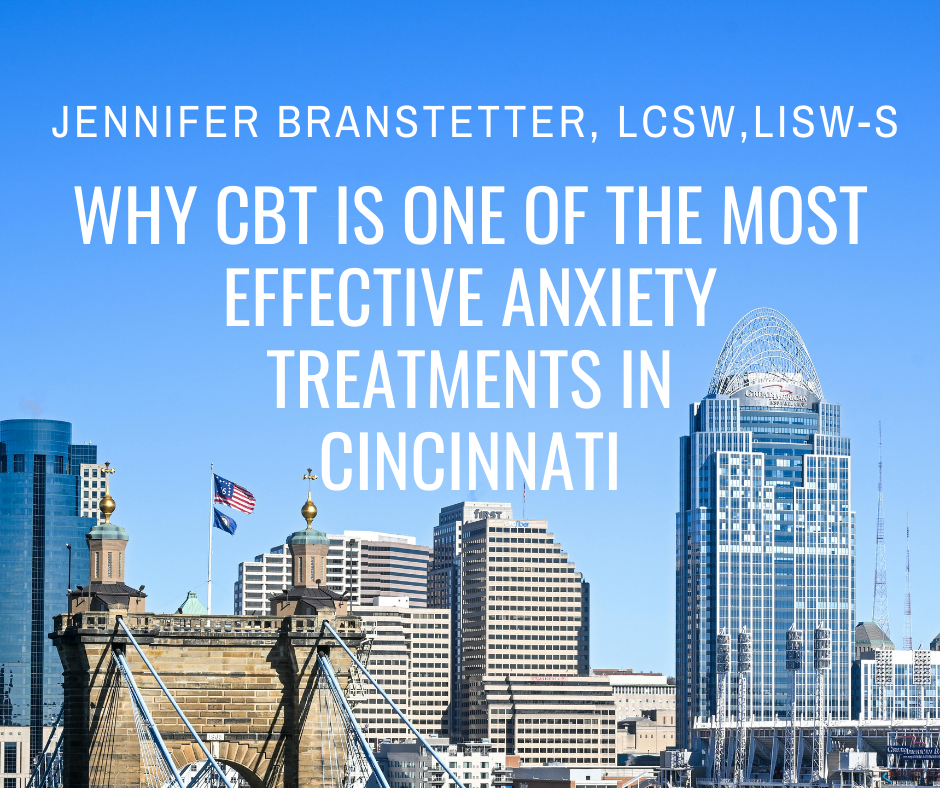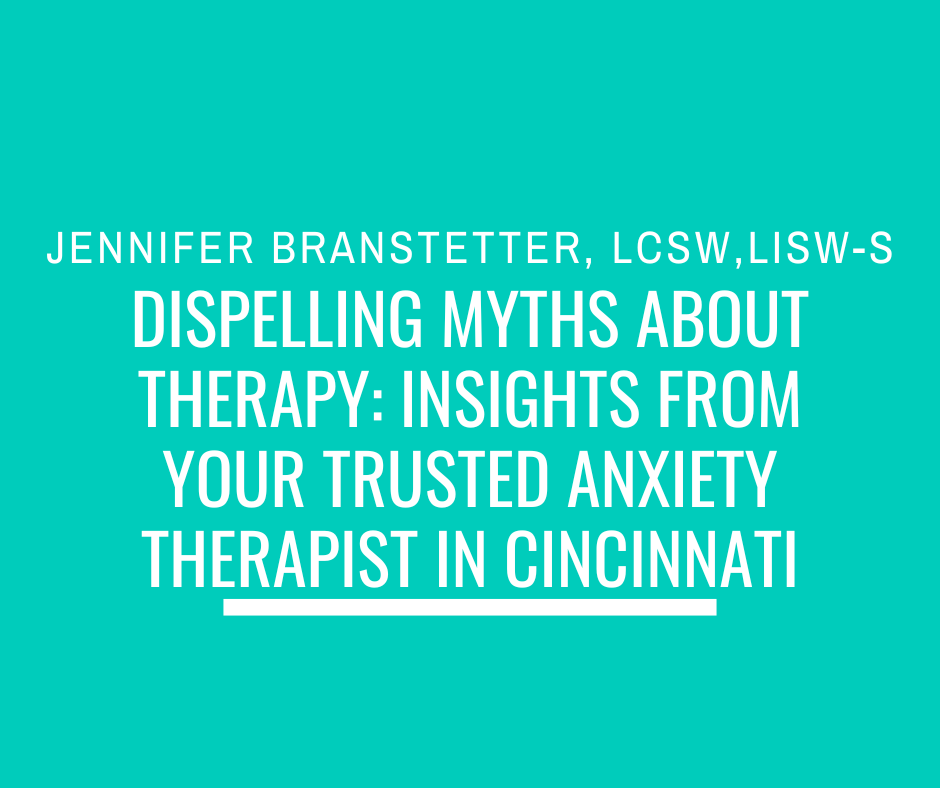Blog


Former Gifted Kid Syndrome
Struggling as an adult after being labeled a "gifted kid"? Learn how perfectionism, burnout, anxiety, or undiagnosed ADHD may be affecting you—and how online therapy in Ohio and Indiana can help.

Dispelling Myths About Therapy: Insights from Your Trusted Anxiety Therapist in Cincinnati
"Discover the truth behind common myths about therapy with insights from your trusted anxiety therapist in Cincinnati. Learn why anxiety therapy is essential, debunk misconceptions, and take control of your mental health journey. Explore evidence-based techniques and personalized support for overcoming anxiety. Schedule a session with an experienced anxiety therapist today!